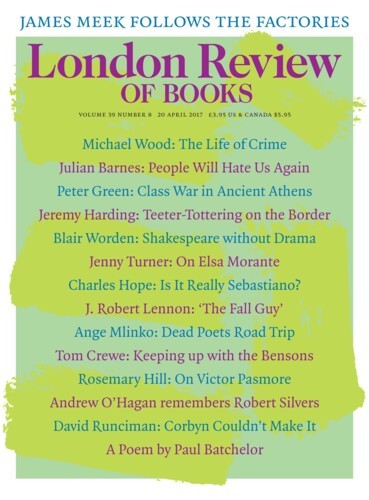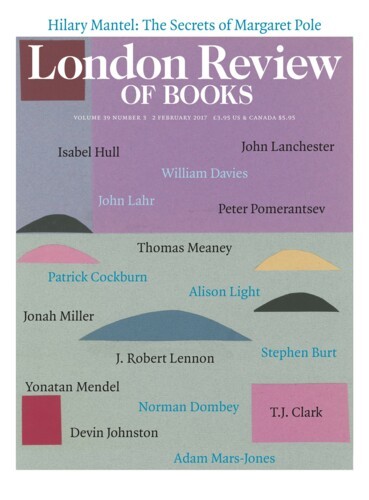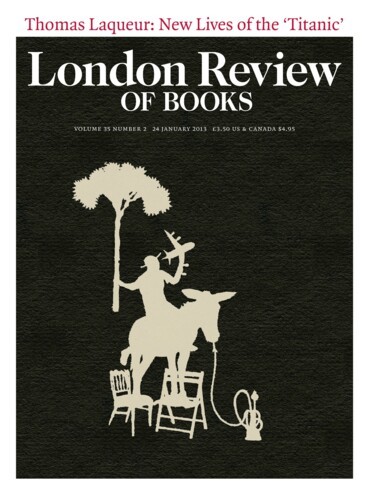I’ll have to kill you: ‘The Fall Guy’
J. Robert Lennon, 20 April 2017
It isn’t until the halfway point of The Fall Guy, James Lasdun’s thrillerish new novel, that we are treated to its first overtly criminal act: breaking and entering. This book is about boundaries – emotional, social and moral – and it is with characteristic obliqueness that Lasdun gives us this first, long anticipated transgression: though the act strikes the reader...




